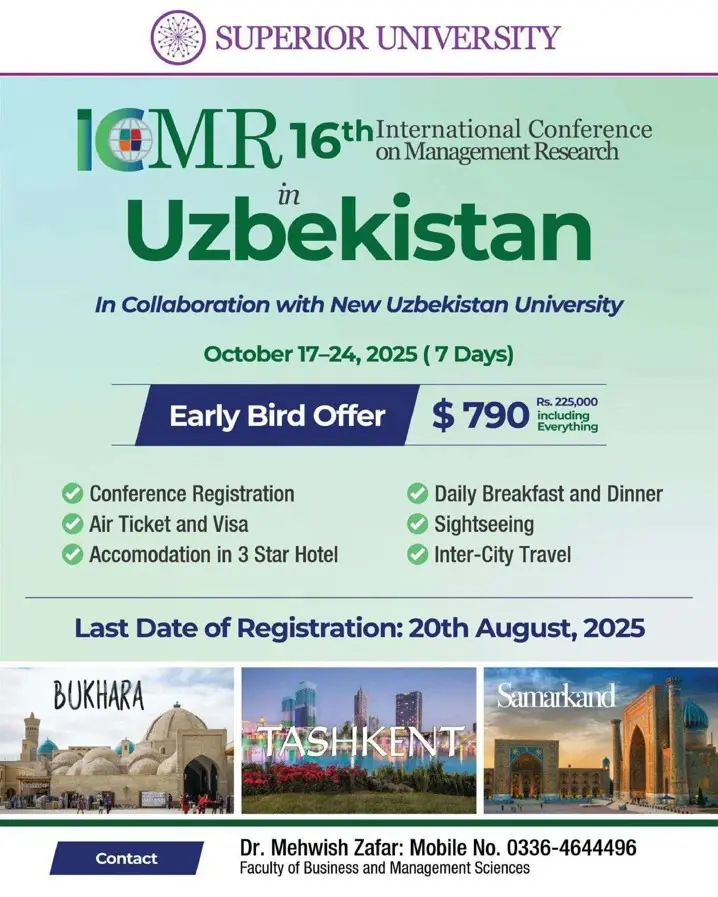


The traditional methods of human resources rely heavily on intuition and manual processes, often resulting in inefficiencies and limited accuracy. HR analytics, powered by data-driven tools such as Artificial Intelligence and predictive analytics, is transforming the way organizations manage talent, track performance, and enhance employee engagement. According to a 2023 Deloitte report, 71% of organizations prioritize people analytics, yet only 10% have confidence in their analytics capabilities. By leveraging HR analytics, businesses can improve efficiency, reduce employee turnover, and align their workforce more effectively with strategic goals.
Key Components and Impact of HR Analytics HR analytics enables organizations to make data-driven decisions in recruitment, performance management, employee engagement, and retention.
Looking Ahead: Integrating HR Analytics into Modern Practices HR professionals must develop analytical and technical skills to effectively leverage data-driven HR functions. Organizations should invest in continuous training programs and advanced technologies to facilitate this transformation. According to Market sand Markets, the global HR analytics market is projected to grow at a 13.6% annual rate, reaching $5 billion by 2025.
A 2022 SHRM survey found that a lack of analytics skills prevents HR professionals from executing analytics-driven strategies 42% of the time. To address this gap, businesses should implement HR analytics training programs and adopt user-friendly analytical solutions.
Conclusion: HR analytics is revolutionizing workforce management by enhancing efficiency, boosting productivity, and improving employee satisfaction. Organizations that implement these tools experience faster recruitment processes, better performance monitoring, and stronger workforce retention. By optimizing workforce planning and ensuring compliance with labour regulations, HR analytics provides organizations with a competitive advantage. As HR analytics continues to evolve, it will play a crucial role in shaping the future of human resource management.



Ribqa Fatima is passionate about HR and its evolving concepts. She is dedicated to enhancing HR policies and driving organizational efficiency. With experience at Maple Leaf Cement, she is currently pursuing a BBA at FAST National University of Computer and Emerging Sciences, aspiring to make a strong impact in HR and business strategy.
Please note that all opinions, views, statements, and facts conveyed in the article are solely those of the author and do not necessarily represent the official policy or position of Chaudhry Abdul Rehman Business School (CARBS). CARBS assumes no liability or responsibility for any errors or omissions in the content. When interpreting and applying the information provided in the article, readers are advised to use their own discretion and judgement.
If you are interested to write for CARBS Business Review Contact us!